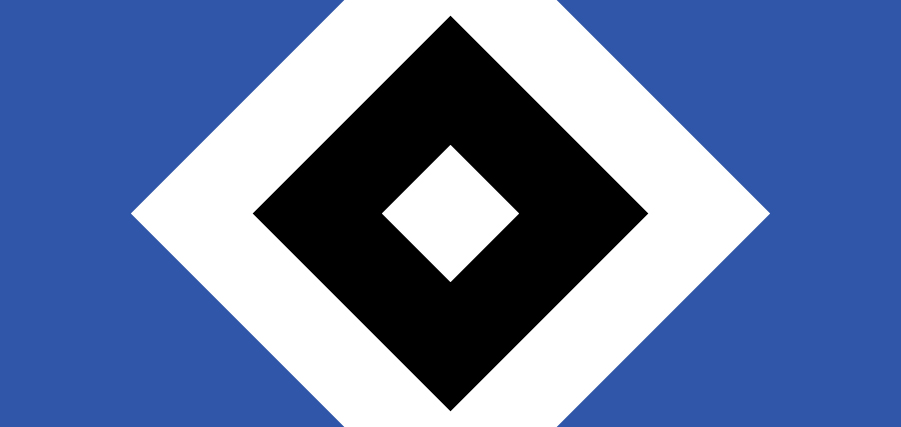
Club
20.01.21
HSV supports initiative to rebuild the Bornplatz synagogue
The Bornplatz synagogue in the Grindel quarter of Hamburg was desolated by the Nazis in the 1930s and eventually torn down. HSV supports an initiative to rebuild the Jewish place of worship and clearly states: No to anti-Semitism, Yes to the Bornplatz synagogue.
Built at the beginning of the 20th Century and completed in 1906, the synagogue on the Bornplatz square in the Grindel quarter of Hamburg was one of the largest Jewish places of worship in Germany before being desolated by the Nazis and torn down. Right in the heart of the former Jewish quarter, it was a place of worship, peace and togetherness. A magical place for the community, which was damaged and devastated by the Nazi regime during the 1938 Pogrom Night. The damage was so severe that the city authorities tore the synagogue down the year after, and made the Jewish community pay for the costs.
There are now plans to rebuild the Jewish place of worship in the same place, Joseph-Carlebach-Platz, named after Hamburg’s chief rabbi from 1883-1942, Joseph Zwi Carlebach. In February last year, the public in Hamburg overwhelmingly voted in favour of supporting the rebuild of the Bornplatz synagogue. The initiative also received support on a federal level, the budget committee approving a grant of €65m for the project in November 2020.
The initiative for the reconstruction of the Bornplatz synagogue (Initiative Wiederaufbau Bornplatzsynagoge) has also called on all in Hamburg to voice their support for the reconstruction of the Jewish place of worship and to clearly send a message together: No to anti-Semitism, Yes to the Bornplatz synagogue!
HSV also supports the reconstruction of the house of prayer, to make Jewish life visible in Hamburg once again. Ultimately, the Jewish community played a key role in the club’s history, right from the beginning. Due to the proximity of the Grindel quarter to the old HSV pitches on the Rothenbaumchausee, many Jewish members found their way to HSV. Thus, the club had a high number of Jewish members from inception onwards, who shaped, formed and supported HSV, something the club is very proud of.
In 1937, a number of Jewish HSV members also played a key role in keeping the club solvent. For the club’s 50th anniversary, a comprehensive renovation of the stadium was planned, but costs quickly overran. Only through donations from members, a large majority of them Jewish, was the club prevented from being declared bankrupt. And that was despite the club asking new members about their ‘Aryan’ ethnicity when applying for membership from October 1933 onwards, not explicitly excluding Jewish members, but ensuring that no new Jewish members joined the club.
In 1940, HSV was then pressured into changing its constitution by the Nazi regime, excluding all non-‘Aryan’ people from the club. The ‘Netzwerk Erinnerungsarbeit’, a collection of HSV fans, club employees, the fan project and Supporters Club, has been engaged in the reappraisal of this dark chapter in the club’s history for a considerable amount of time now, and has already started several projects. For example, in January 2020, a memorial plaque for the victims of the Nazi regime from the HSV family was unveiled, events were organised at the concentration camp memorial at Neuengamme, as well as a special exhibition on HSV during the Nazi’s reign in the HSV Museum.
With the support for the initiative to rebuild the Bornplatz synagogue, HSV wants to make it clear once again: the Jewish community belonged and belongs to HSV and this city. Jewish life should be made visible once again and therefore HSV clearly states: NO to anti-Semitism and YES to the Bornplatz synagogue.



